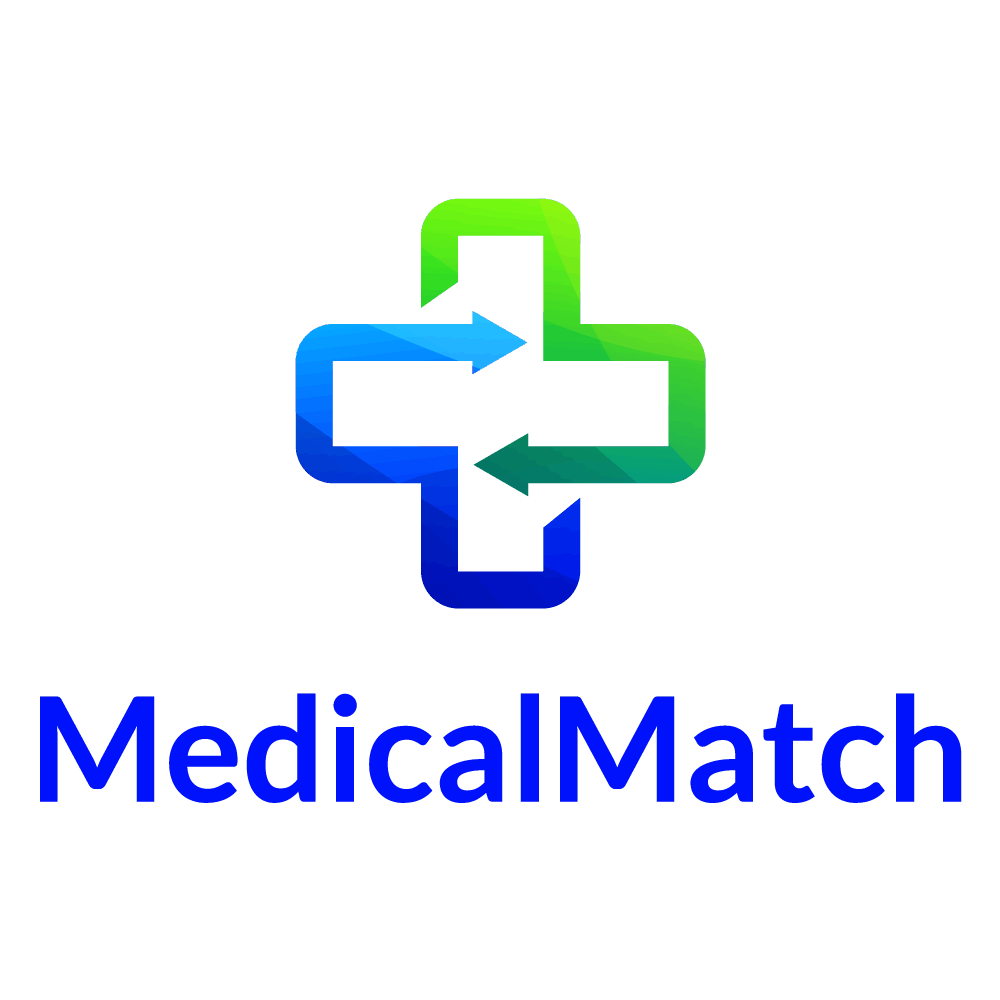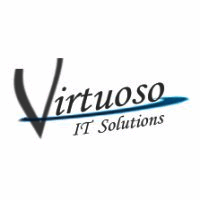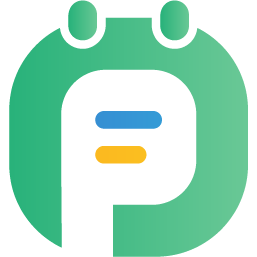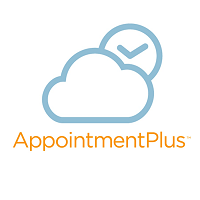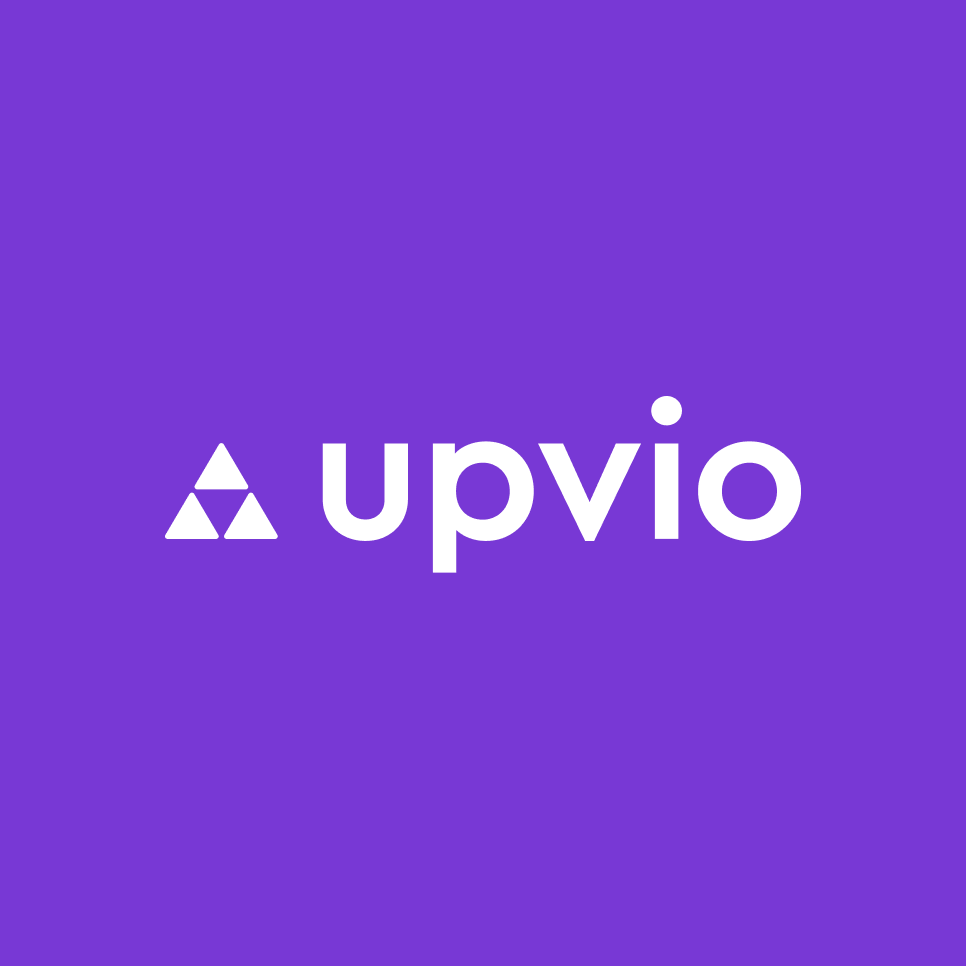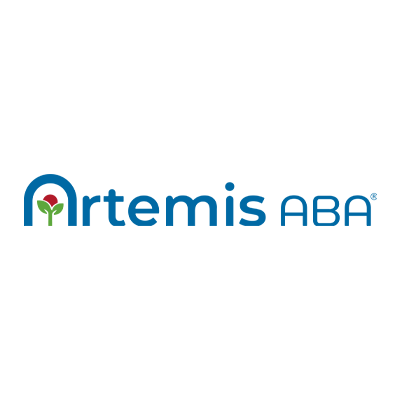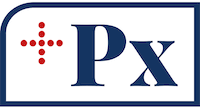Yes, most medical scheduling software is designed to be accessible from numerous devices and platforms. This means it is available not only on desktop computers, but also on laptops, tablets, and cellphones. It is also often compatible with a variety of operating systems, including Windows, Mac, iOS, and Android. This enables flexibility and accessibility for healthcare workers who may need to use the program from a variety of places and devices.
List of Best Medical Scheduling Software
Timify – solution for all your scheduling and resource management needs. This versatile platform streamlines appointment booking and team coordination, making it ideal for businesses of any size. With customizable features tailored to your uni...Read More Timify
Vocantas Communicate is a communication software designed to streamline shift filling, schedule planning, and attendance tracking. With seamless integration capabilities, it eliminates the manual processes, resulting in enhanced efficiency, reduced c...Read More Vocantas Communicate
Stage 4 MD, our cutting-edge cloud-based plastic surgery and cosmetic practice management/EMR software. Created by a renowned plastic surgeon, seamlessly transition to our platform with complimentary data migration and setup. Elevate your practice wi...Read More Stage 4 MD
MedicalMatch - a software that simplifies the search and placement of temporary work in the healthcare field. Through its intuitive platform, healthcare organizations and clinicians can seamlessly connect and efficiently fill shifts. Eliminate the ha...Read More MedicalMatch
MDsyncNET: a comprehensive healthcare software solution that streamlines staff scheduling and communication. With real-time updates, mobile access, and efficient contact management, it streamlines processes and promotes staff accountability for impro...Read More MDsyncNET
Virtuoso MR Reporting - the top-of-the-line reporting software for pharmaceutical companies. With a constantly evolving market and tough competition, sales teams need an efficient solution to manage challenges and enhance sales. Virtuoso streamlines...Read More Virtuoso MR Reporting
Lightning Bolt: the cutting-edge scheduling solution specifically crafted to simplify intricate healthcare procedures and promote fair scheduling. By prioritizing provider contentment and efficiency, this software seamlessly facilitates optimized pat...Read More Lightning Bolt
coreplus - the top choice for digital practice management in the allied healthcare industry. Streamline your practice with efficient client record-keeping, effortless scheduling, and automated billing, freeing up time for quality care. Enhance produc...Read More coreplus
PlanningPME is a scheduling software that streamlines task and resource management for various industries. It offers customizable templates, seamless updates, and detailed reports to enhance efficiency and improve overall operations. With multi-platf...Read More PlanningPME
AppointmentPlus Scheduling: the preferred online scheduling solution for businesses worldwide. Our powerful driving school scheduling software allows for efficient appointment management and improved customer satisfaction. Leave behind the hassle and...Read More AppointmentPlus Scheduling
Upvio is an innovative healthcare technology software developed to empower medical professionals with cutting-edge solutions to enhance hybrid, virtual, and remote care. Our advanced software is specifically designed to support the needs of practitio...Read More Upvio
Artemis ABA solution for optimizing and growing your practice. Effectively manage client appointments, effortlessly handle billing through cutting-edge AI technology, and harness the power of data-driven business intelligence for valuable insights. O...Read More Artemis ABA
PX - the innovative digital front office solution designed specifically for medical practices. This revolutionary software streamlines routine tasks and improves overall efficiency, allowing you to say goodbye to wasted time and hello to increased pa...Read More #NAME?
MESHAI - an advanced scheduling solution tailored for healthcare providers. Simplify complex schedules and improve communication with its user-friendly interface and dependable support. Trusted by top hospitals, it promotes fairness and transparency...Read More MESHAI
Surgimate solution for transforming surgical practices. By streamlining scheduling and minimizing cancellations, Surgimate empowers your team to prioritize patient well-being and provide a seamless experience from initial consultation to post-operati...Read More Surgimate
Intrigma Scheduler solution for healthcare workforce scheduling. Simplify the scheduling process and save time with our powerful tool, while also improving staff happiness. Enjoy seamless integration with top systems and the convenience of a mobile a...Read More Intrigma Scheduler
DocMeIn is a leading scheduling software designed specifically for healthcare providers. Our intuitive platform streamlines appointment management and offers automated reminders, ensuring efficient operations and improved patient satisfaction. With s...Read More DocMeIn
AppointmentQuest is a online scheduling software that simplifies your appointment management. With advanced security measures and customizable options, it caters to businesses of all sizes, offering top-notch solutions for growth. From enhancing cust...Read More AppointmentQuest
Learn More About Medical Scheduling Software
- What Is Medical Scheduling Software?
- What Are The Recent Trends In Medical Scheduling Software?
- Benefits Of Using Medical Scheduling Software
- Important Factors To Consider While Purchasing Medical Scheduling Software?
- What Are The Key Features To Look For In Medical Scheduling Software?
- Why Do Businesses Need Medical Scheduling Software?
- How Much Time Is Required To Implement Medical Scheduling Software?
- What Is The Level Of Customization Available In Medical Scheduling Software?
- Which Industries Can Benefit The Most From Medical Scheduling Software?
- Conclusion
What Is Medical Scheduling Software?
Medical scheduling software is a specialist application that helps healthcare facilities and organizations manage their appointment booking and scheduling processes more efficiently. This program eliminates the need for paper-based scheduling systems, resulting in a more efficient and modern approach to patient appointment management. It has a variety of functions, such as online booking, patient reminders, appointment monitoring, and resource management.
One of the primary advantages of medical scheduling software is its ability to simplify the scheduling procedure. This program allows healthcare practitioners to examine their schedules and availability in real time, making it easier to manage patient appointments and reducing the danger of duplicate booking. Patients can also schedule appointments online, which saves time for both the patient and the healthcare professional.
Another benefit of medical scheduling software is the ability to send automatic reminders to patients. This helps to prevent no-shows, which are costly for healthcare facilities. This software sends timely reminders to patients via email, text messages, or phone calls, ensuring they do not miss their appointments. Furthermore, medical scheduling software includes resource management tools that help healthcare institutions manage their people and equipment more efficiently.
This includes centralizing scheduling, tracking staff availability, and monitoring equipment usage to guarantee maximum efficiency. Security is also an important consideration in the healthcare industry, and medical scheduling software provides advanced security features to protect patient information. This includes HIPAA compliance and data encryption to ensure patient information is secure and protected.
What Are The Recent Trends In Medical Scheduling Software?
In recent years, there has been a growth in the use of technology in the healthcare profession, and this tendency has extended to medical scheduling. With increased patient demand, healthcare facilities must now prioritize efficient and precise scheduling. This has resulted in the creation of advanced medical scheduling software, which includes a variety of functions and capabilities to help with scheduling.
One of the most significant changes in medical scheduling software is the migration to cloud-based solutions. These cloud-based platforms enable seamless access from any device and location, making it easier for healthcare providers to manage their calendars while on the go. It also provides the advantage of real-time updates and enhanced data security. Another trend is the use of artificial intelligence (AI) and machine learning (ML) into scheduling applications.
This technology allows the program to evaluate data and learn from previous scheduling patterns in order to recommend optimal schedules. It also aids in the prediction of no-shows and cancellations, allowing for more efficient scheduling and resource allocation. Mobile optimization is a major trend in medical scheduling software. With the growing popularity of smartphones and tablets, software companies are investing in developing mobile versions of their scheduling applications.
Patients can simply view their appointments, make adjustments, and receive reminders using their mobile devices. Furthermore, interoperability has become a top priority for scheduling software makers. This implies scheduling systems can now interact smoothly with electronic health records (EHRs) and other healthcare applications, resulting in a more streamlined and effective process.
Furthermore, many scheduling tools now include telehealth integration, allowing patients to schedule and complete virtual sessions. This characteristic has grown even more important in light of the COVID-19 pandemic, in which telemedicine has become a crucial tool for providing healthcare services while maintaining social distance. Finally, personalization is a major trend in medical scheduling software. With a rising emphasis on patient-centered care, scheduling systems now include customized features that cater to patients' individual needs and preferences, such as language options and appointment reminders.
Benefits Of Using Medical Scheduling Software
As a healthcare provider, keeping appointments and schedules on track can be difficult. The traditional pen and paper method is time-consuming and prone to human mistake, resulting in missed appointments and possible revenue losses.
Medical scheduling software can help simplify and streamline the process.
1. Efficient Appointment Management: Medical scheduling software allows you to easily plan, reschedule, and cancel appointments. With the option to monitor all appointments in one place, you can better manage your schedule and avoid double booking. This not only saves time, but also assures a steady flow of patients and shortens wait times.
2. Automated Reminders: The healthcare industry frequently has no-shows and last-minute cancellations. Medical scheduling software includes automatic reminder capabilities, such as text messages or emails, to remind patients of their forthcoming appointments. This not only decreases no-shows but also allows patients to receive reminders via their preferred form of communication.
3. Patient Self-Scheduling: With the advent of digitization, many patients prefer to make appointments online. Medical scheduling software enables patients to self-schedule appointments, avoiding the need for phone calls and back-and-forth communications. This allows patients to take charge of their appointments while saving time for your staff.
4. Simplified Billing And Payment: Most medical scheduling software includes billing and payment connectivity. This enables smooth billing and payment processing, lowering the administrative strain on your team. It also allows patients to conveniently pay for appointments online, which increases patient satisfaction.
5. Improved Patient Experience: In today's competitive healthcare market, patient experience is critical to retaining and attracting patients. Medical scheduling software streamlines the appointment procedure while also providing patients with an easy-to-use interface. This gives patients a favorable experience and increases their overall happiness with your practice.
6. Customizable And Scalable: Every healthcare practice has distinct scheduling needs. Medical scheduling software has customized options to meet your individual demands. It also supports easy scalability, allowing you to adapt the program as your practice grows.
Important Factors To Consider While Purchasing Medical Scheduling Software?
Purchasing the appropriate medical scheduling software is critical for healthcare organizations to successfully manage patient appointments and streamline operations. With so many options available on the market, it might be difficult to select the right software for your individual requirements.
To make an informed decision, here are some crucial considerations to consider when selecting medical scheduling software:
1. Integration With Electronic Health Records (EHR): It's critical to select software that works flawlessly with your EHR system. This eliminates the need for manual data entry, increases accuracy, and saves time for your employees.
2. Customization And Scalability: Look for software that is easily customizable to match your specific needs and can expand with your practice. The software should be able to add new features and react to changes in your practice without causing disruptions.
3. Accessibility And Ease Of Use: Your medical scheduling software should be available from any device and easy to use for your employees. It should have a clear interface to reduce confusion and assure proper functionality.
4. Appointment Reminders And Alerts: One crucial feature to look for in medical scheduling software is the ability to send automated appointment reminders and alerts to patients. This lowers no-shows and allows for better appointment management.
5. Patient Self-Scheduling: Look at technologies that allows patients to arrange their appointments online without assistance. This will give them greater influence over their healthcare while freeing up your staff's time.
6. Confidentiality And Compliance: Your medical scheduling software should be HIPAA compliant to safeguard patient information confidentiality and privacy. Look for measures that secure sensitive data, such as encrypted data and user authentication.
7. Customer Assistance: It is critical to have a dependable customer assistance system in place in case of any problems or concerns. Look for a software vendor who provides prompt and helpful customer support via multiple channels.
8. Cost: Finally, think about the cost of the program and the value it will provide to your practice. Compare numerous possibilities and select the one that meets your budget and has the features you require for your practice.
What Are The Key Features To Look For In Medical Scheduling Software?
When it comes to medical scheduling software, there are a few crucial elements to consider to ensure that you are selecting the best solution for your practice or institution.
Here are some key variables to consider:
1. Customizable Scheduling Options: Because each medical facility has distinct scheduling requirements, you should look for software that can be tailored to your individual needs. Look for options like bespoke appointment kinds, time slots, and availability.
2. User-Friendly Interface: You don't want a convoluted and difficult-to-use scheduling system that causes more frustration than convenience. Look for software that has a simple, easy-to-use interface.
3. Multiple Appointment Booking Options: Your scheduling software should allow patients to book appointments in a variety of methods, such as through an internet portal, by phone, or via a mobile app. This not only gives people more alternatives, but it also makes the process more efficient for both staff and patients.
4. Appointment Reminders: Medical facilities might incur significant costs due to no-shows and missed appointments. Look for software that sends automated appointment reminders via email or text message to assist prevent missed appointments.
5. Integration With Other Systems: The best medical scheduling software will work seamlessly with other systems in your clinic, such as electronic health records (EHR) and billing software. This enables for smooth data sharing while eliminating the need for repeated entries.
6. Patient Self-Scheduling: Allowing patients to book their own appointments saves time and increases patient satisfaction. Look for technologies that allows patients to self-schedule via an online portal or mobile app.
7. Reporting And Analytics: A decent scheduling system should provide extensive statistics and analytics that allow you to track critical metrics like appointment volume, no-show rates, and staff productivity. This allows you to identify areas for improvement and make data-driven decisions.
8. Compliance And Security: Given the sensitivity of patient information, it is critical to select scheduling software that complies with industry regulations and employs appropriate security measures to secure patient data.
9. Customer Support: As with any software, it is critical to select a scheduling system that provides dependable customer assistance. Look for solutions that include training, continuous help, and easy communication with a support team. By taking these crucial aspects into account, you may locate medical scheduling software that suits your practice or facility's specific demands while also streamlining your appointment scheduling process. When making your decision, remember to consider pricing, compatibility with your existing systems, and user reviews.
Why Do Businesses Need Medical Scheduling Software?
In the fast-paced and ever-changing world of healthcare, effective scheduling is critical to the success of any medical facility. Traditional appointment scheduling methods, such as paper calendars and phone calls, are no longer sufficient to meet the needs of patients and providers. Here is where medical scheduling software comes into play.
Medical scheduling software is a digital solution that simplifies and improves the appointment booking process for both patients and healthcare providers. It provides a variety of services, including real-time scheduling, automated reminder notifications, patient database administration, and online appointment booking. These features not only save time and resources, but also improve the patient experience.
One of the key reasons for organizations to use medical scheduling software is to improve the patient experience. Patients can conveniently arrange appointments online, avoiding the need for phone calls and lowering wait times. The software also allows patients to receive automated reminders via email or text, which reduces the likelihood of missed appointments. This not only increases patient satisfaction but also enhances the facility's reputation.
Another important reason for organizations to invest in medical scheduling software is to manage their resources efficiently. Traditional appointment scheduling procedures frequently result in multiple bookings or unfilled slots, resulting in lost revenue and longer wait times for patients. Medical scheduling software enables providers to effortlessly manage their staff, equipment, and rooms, ensuring that appointments are scheduled optimally, reducing downtime and maximizing resources.
In addition to these features, medical scheduling software has sophisticated reporting and analytics tools that enable firms to manage and monitor appointment statistics. This information can be used to determine peak hours, popular services, and patient demographics, allowing providers to make data-driven decisions to improve service quality and profitability.
To be competitive in the healthcare market, organizations require medical scheduling software that streamlines the appointment booking process, improves patient happiness, optimizes resource allocation, and allows for informed decisions. With the appropriate tools in place, healthcare institutions can provide excellent treatment while also increasing their bottom line.
How Much Time Is Required To Implement Medical Scheduling Software?
When contemplating deploying medical scheduling software, it is critical to understand the time commitment required. The time necessary for deployment varies based on the program chosen, as well as the size and complexity of the healthcare facility or practice. However, with adequate preparation and training, the procedure can be expedited to reduce disturbance to everyday operations.
On average, the deployment of medical scheduling software takes between 2 and 6 weeks. However, this timescale can be reduced or extended depending on factors such as the number of users, the level of customization required, and the availability of staff for training. The initial phase in the installation process is often data migration, which involves transferring existing patient and scheduling information to the new system.
This can take 1-2 weeks, depending on the volume of data and the efficiency of the migration process. Next, all staff members who will be utilizing the software should receive rigorous training. This can take up to two weeks for bigger practices with several users, whereas smaller practices may just need a few days. It is critical that all staff members receive sufficient training to guarantee a smooth transfer to the new system and minimize scheduling errors or delays. In addition to data migration and training, time must be allocated up for any necessary software customisation.
This can include creating several appointment kinds, providers, and schedule templates. This process may take 1-2 weeks, depending on the level of detail required. Medical scheduling software implementation might take anywhere from 2 to 6 weeks with proper planning and training. To avoid disruptions to patient care, it is critical to allocate appropriate time and resources to ensure a successful deployment. By using reliable and user-friendly software, the implementation process can be shortened, resulting in a smooth transition to a more efficient and structured scheduling system.
What Is The Level Of Customization Available In Medical Scheduling Software?
When it comes to medical scheduling software, one of the most significant considerations is the extent of customization. Customization not only allows the software to be tailored to the specific demands of a medical practice, but it also improves efficiency and streamlines procedures. So, what level of customisation is accessible in medical scheduling software? First and foremost, it is crucial to realize that the extent of customization will differ based on the software.
However, most medical scheduling software allows for a great level of customization. This is due to the fact that each medical practice has distinct scheduling requirements and preferences. The ability to customize appointment kinds is a typical feature in medical scheduling software. This enables practices to designate particular categories for various types of visits, such as new patient appointments, follow-up appointments, and treatments.
This not only improves organization, but also allows for more effective scheduling and tracking. Another facet of customization is the ability to create custom fields. This enables medical practices to collect and track specific information pertinent to their practice, such as insurance information, medical history, and patient preferences. This not only saves time, but also guarantees that all required information is easily accessible when arranging appointments.
Many medical scheduling tools also allow you to modify your schedule. This means that practices can construct separate timetables for each physician, location, and department. This is especially useful for multi-provider practices or those with multiple locations. Furthermore, certain medical scheduling software allows you to change the user interface to match the preferences of the practice.
This could include custom colors, layouts, and even branding. Overall, medical scheduling software offers a high amount of customization, which can be quite beneficial to a medical practice. By customizing the software to meet their individual needs and preferences, practices can improve efficiency, organization, and patient care. When selecting medical scheduling software, make sure to ask about the level of customization available to ensure that it suits your practice's specific requirements.
Which Industries Can Benefit The Most From Medical Scheduling Software?
Medical scheduling software can be useful in a range of businesses that need scheduling and managing appointments and resources. However, certain businesses can profit the most from the adoption of medical scheduling software.
These include healthcare facilities including hospitals, clinics, and private practices, as well as businesses that provide in-home or on-site medical services.
1. Healthcare Facilities: Medical scheduling software is particularly useful for hospitals, clinics, and private offices. These facilities handle a high volume of patients and appointments on a daily basis, therefore having an efficient and structured scheduling system is critical. Medical scheduling software allows these hospitals to streamline their scheduling operations, minimize wait times, and increase overall patient satisfaction.
2. In-Home And On-Site Healthcare Services: Home healthcare companies, hospice care, and mobile clinics can all benefit from medical scheduling software. These industries frequently confront scheduling issues and must ensure timely and accurate service delivery. Medical scheduling software automates scheduling procedures, assigns the appropriate resources for each appointment, and provides real-time updates to healthcare professionals.
3. Telemedicine: With the rise of telemedicine, medical scheduling software has become critical for healthcare providers that give virtual consultations and appointments. Telemedicine entails organizing visits, collaborating with virtual teams and resources, and overseeing remote patient care. Medical scheduling software streamlines these processes, resulting in seamless and effective virtual consultations.
4. Fitness And Wellness Centers: Medical scheduling software can be beneficial for fitness and wellness centers that provide services such as physiotherapy, massage therapy, and personal training. These sectors handle a significant volume of clients and appointments, which might be difficult to manage manually. Medical scheduling software allows these institutions to quickly book and manage appointments, track client progress, and increase overall client happiness.
5. Dental Practices: Because dental practices handle a large number of appointments and patient data, they can benefit from using medical scheduling software. Medical scheduling software, which includes automated appointment reminders, online booking, and patient intake forms, can assist dental practices optimize their workflows and improve the customer experience.
Conclusion
Finally, obtaining the correct medical scheduling software can significantly improve your healthcare practice by streamlining and organizing your scheduling operations. When deciding on the finest software for your practice, keep essential variables like your specific needs, budget, and customer support in mind. Remember to seek for features like automated appointment reminders, configurable templates, and interaction with your EHR system.
Furthermore, assess the software's scalability and adaptability to ensure that it can expand with your practice and adapt to future changes. With the appropriate medical scheduling software, you can increase efficiency, eliminate no-shows, and improve the entire patient experience. We hope this buyer's guide has provided you with useful information and thoughts to help you make the best option for your practice.
Medical Scheduling Software FAQ's
Can Medical Scheduling Software Be Accessed Across Multiple Devices And Platforms?
Is Medical Scheduling Software Future-Proof And Adaptable To Emerging Technologies Like AI, Blockchain Or IoT?
Medical scheduling software is intended to be future-proof and adaptable to new technologies such as AI, blockchain, and IoT. This program simplifies scheduling operations and ensures efficiency in managing appointments, resources, and patient data by smoothly integrating with modern innovations.It also includes features like real-time analytics, predictive scheduling, and automatic reminders, making it an invaluable asset for healthcare facilities wanting to remain ahead of the ever-changing healthcare industry.
Is There A Free Trial Offered To Assess Medical Scheduling Software Before Committing?
Yes, many medical scheduling software companies provide a free trial period so that interested users can evaluate the product before committing. This allows customers to evaluate the software's features and operation and assess whether it suits their unique requirements. Free trials often last 14 to 30 days, providing adequate opportunity to examine the product and make an informed decision.
Does Medical Scheduling Software Offer Data Security Features And Meet Regulatory Compliance Standards?
Yes, most medical scheduling software includes data security features such as encryption, password protection, and automatic backups to ensure the safety and confidentiality of patient data. Furthermore, many software systems adhere to legal standards such as HIPAA to secure patient data from intrusions. This ensures that healthcare providers and organizations may securely store and manage patient data in accordance with industry rules.
Can Medical Scheduling Software Integrate Seamlessly With Existing Tools And Platforms?
Yes, most modern medical scheduling software is intended to work easily with existing tools and systems. This allows it to easily sync with major calendar systems like Google Calendar and Microsoft Outlook, as well as electronic medical records and billing software. This integration facilitates a more efficient process and removes the need for duplicate data entering. Furthermore, some software provides customization possibilities to meet the specific requirements of a medical practice.




